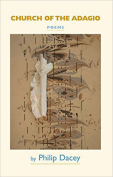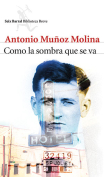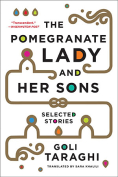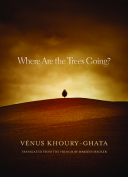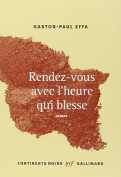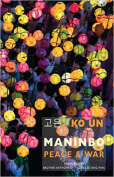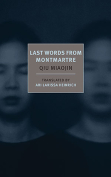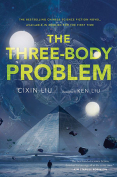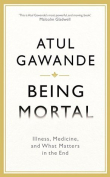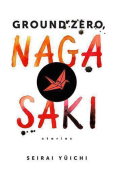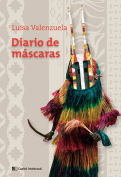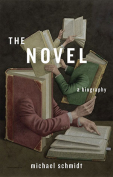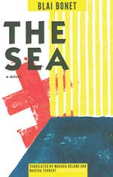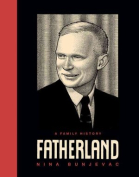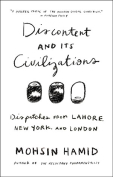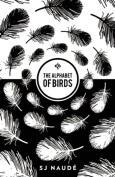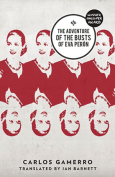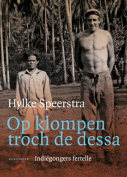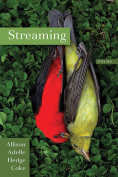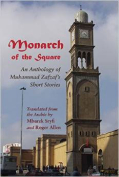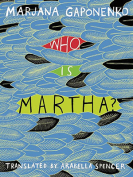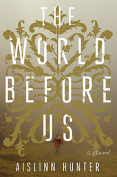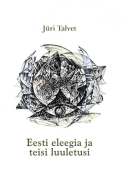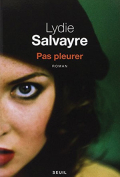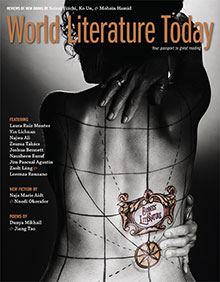Being Mortal: Medicine and What Matters in the End by Atul Gawande
New York / London. Henry Holt / Profile Books. 2014. ISBN 9780805095159 / 9781846685811
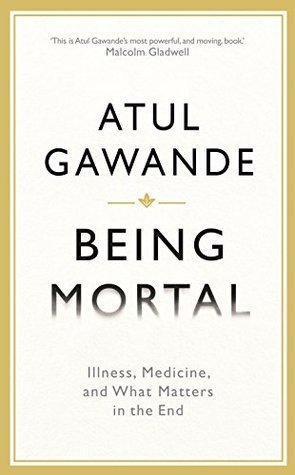 “Old age is not a battle. Old age is a massacre.” Atul Gawande quotes Philip Roth to emphasize the seriousness of the problem and what should be done to ensure continued quality of life. After all, in life, as in any story, endings matter.
“Old age is not a battle. Old age is a massacre.” Atul Gawande quotes Philip Roth to emphasize the seriousness of the problem and what should be done to ensure continued quality of life. After all, in life, as in any story, endings matter.
Gawande’s skill as a storyteller is evident as he narrates the physical and mental decline of his grandmother-in-law, Alice, and contrasts this story with that of his grandfather who, surrounded by family in his home, died comfortably with dignity and respect at the age of 110. The author concludes: “As people become aware of the finitude of their life, they do not ask for much.” All they ask is to keep shaping the story of their life, to make choices and maintain connections based on their priorities. The secret, according to Gawande, is once we start asking patients about their priorities, we discover what they are really living for. As the author stresses throughout the book, the point is not to live as long as possible but to live a meaningful life as long as possible.
The battle of being mortal is to maintain the integrity of one’s life. As Gawande observes, however, our system of medical care has failed to help people win the battle. The terror of old age and dying is both the terror of the losses one endures and the terror of isolation. The concerns of the elderly are avoiding suffering and strengthening relationships with family and friends. These terrors and concerns are unfortunately neglected by institutions and medical care professionals. Hospitals are built for the purpose of prolonging life, but their function, Gawande argues, should not be to confine people’s choices in the name of safety but to expand them in the name of living a worthwhile life: “Our most cruel failure in how we treat the sick and the aged is the failure to recognize that they have priorities beyond merely being safe and living longer.”
Death is certain, but the timing often is not. People struggle with uncertainty—with how and when to accept that the battle is lost. All parties involved tend to be both unrealistic and too optimistic. Sometimes, even when physicians know how bleak the outlook is, they keep it from their patients: “Most are reluctant to give a specific prognosis, even when pressed. More than 40 percent of oncologists admit to offering treatments that they believe are unlikely to work.”
Here is the problem Gawande found with the US medical system, which favors high-tech, hands-on intervention rather than a low-key, hands-off approach. This results in too many people being overtreated and ending their lives in hospitals, hooked up to machines and surrounded by strangers, unlike the author’s grandfather in India. As a general surgeon, Gawande knows only too well that it is much easier to treat than not.
Balancing profound research with insightful perceptions into the human dimension, Gawande comes up with an analysis that is both thought provoking and well composed, without any of the dry recital of facts and statistics from the medical profession. Instead, his informative exploration of growing old in modern society not only provides us a practical handbook of what to do but also brings aesthetic enjoyment with clear, powerful prose and vivid personal stories.
Yang Jing
Nanjing Normal University

